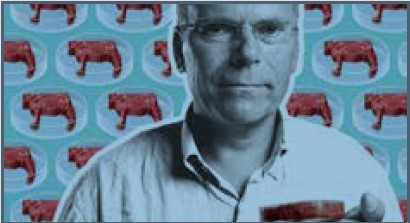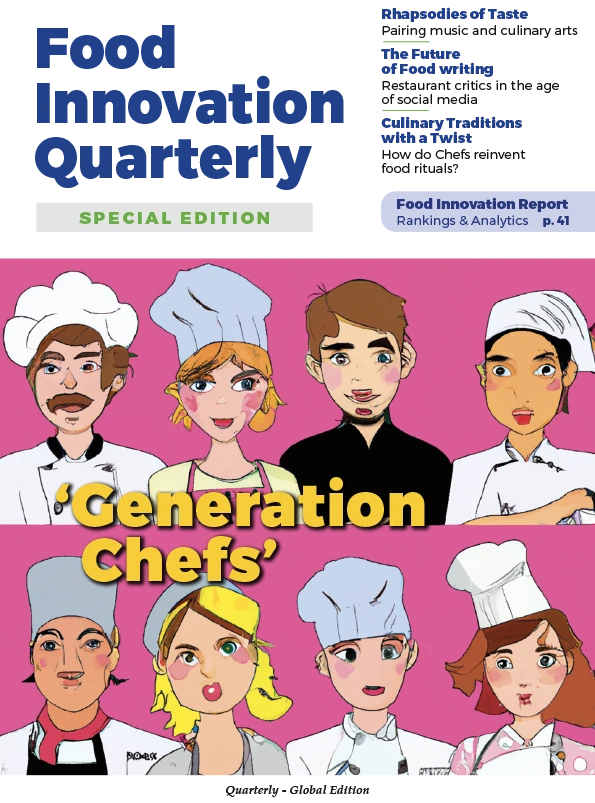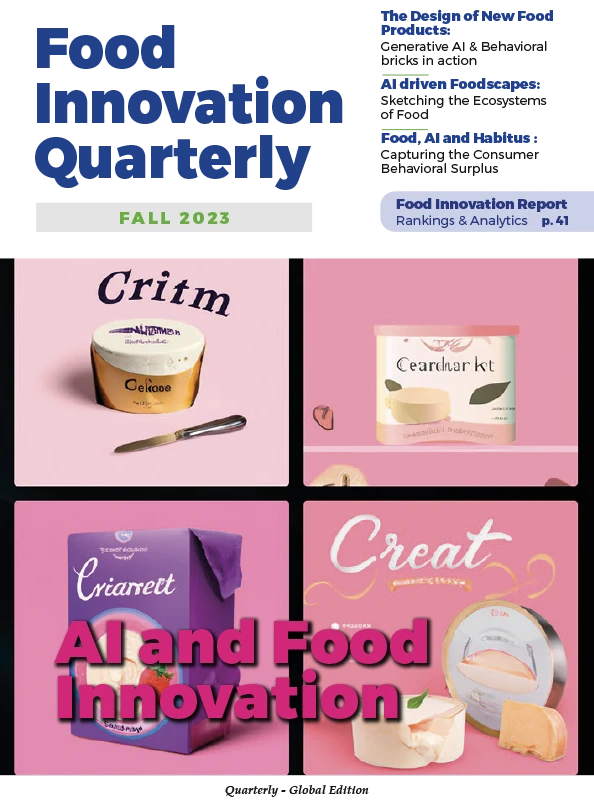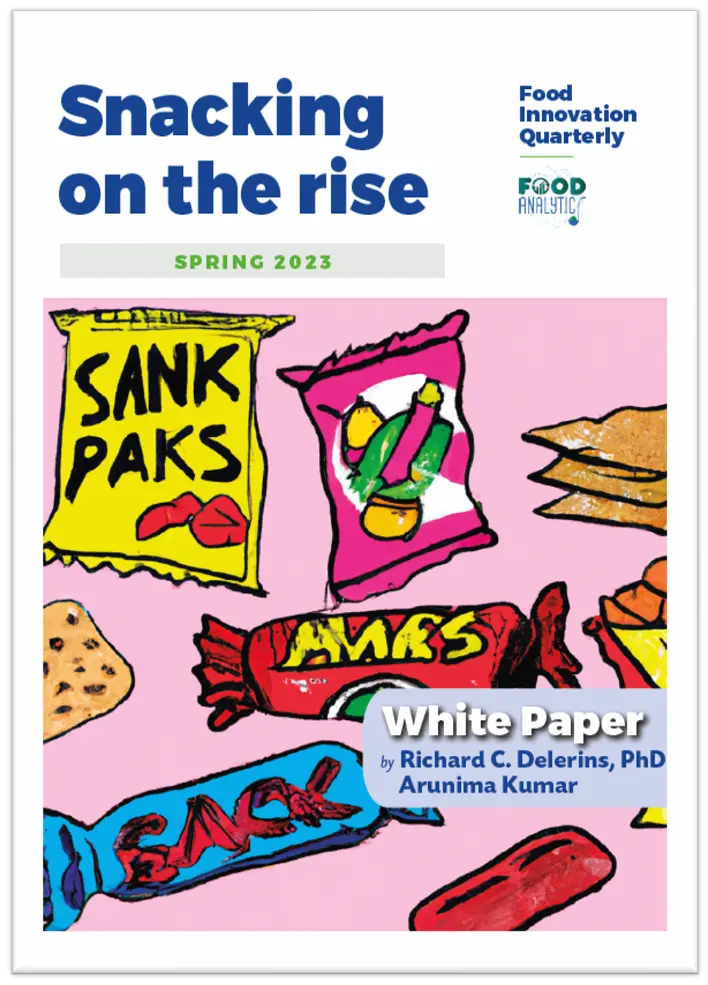August 2013. Mark Post, Professor of Vascular Physiology at Maastricht University (Netherlands) Founder and Scientific Director of the Startup Mosa Meat, presents his concept of cellular meat on television. The audience is perplexed and reluctant to taste this new “meat” produced from stem cells. Years have passed. Mentalities have evolved. Once seen as cutting-edge research, Mark Post’s work has ceased to be classified as science fiction and could even be the keystone of the coming Food revolution. An interview with one of the major players in today’s Foodtech.
FIQ: When did you start working on this project? What prompted you to set up such a research program?
Mark Post: I started in 2008. Partly because I knew the technology already existed and that such a venture was not totally impossible. I could see the potential benefits to society particularly clearly. In fact, I liked the idea right away. It was sort of a gamble: “let’s do it and see how far we can go”.
Cellular meat and Food safety
FIQ: You insist a lot on the fact that cellular meat is a lever to achieve food safety. Do you really think that food safety can be achieved outside the laboratory?
M.P.: Food safety is the goal for all creators of new foods, and especially for products as revolutionary as cultured meat. My goal is to create consumer confidence that cultured meat is safe.
FIQ: For many eaters, talking about cellular meat is still science fiction. How do you make the product of your work acceptable?
M.P.: Even though I have a hard time assimilating this idea, I understand that cellular meat is something scary for some people. However, we also eat foods that are dubious, to say the least, that we know almost nothing about how they were produced, or even what exactly is in them.
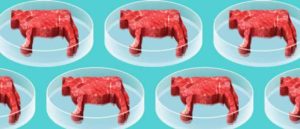
FIQ: For example?
M.P.: Sausages, hot dogs, … Nobody really knows what is in them. We don’t know what’s in it, or how it was prepared, and yet we continue to eat it! Once again, fear is linked to doubt about the safety of the food we eat. Once you get past this threshold, you are able to go to the supermarket and choose a good quality piece of meat at a reasonable price for which no animal has been killed and which does not have a complete effect on the environment. I am well aware that such a choice is not trivial and that it will take some time for consumers to overcome their initial aversion to this laboratory meat.
What about taste?
FIQ: What about the taste? In addition to the harmlessness of the cellular meat, there is also the question of its taste.
M.P.: Our observations show that this question varies from one country to another, as well as from one person to another. The studies we have conducted on consumer reception of cultured meat have yielded interesting and, I must say, rather unexpected results. To questions such as “In your opinion, are there any negative aspects to cell meat?” or “What aspects would you like to see us improve?” the majority of surveys emphasize the issue of price and safety, not taste. These results are especially telling because we are not focusing on a particular subgroup of people, but instead on a large sample of consumers. My feeling is that it seems quite rational to think that people will be more concerned about safety than about taste because taste is something that you can distinguish objectively. You either like it or you don’t like it. And if you don’t like it, you don’t have to eat it.
FIQ: Your goal, however, is that consumers will not be able to distinguish your new meat from traditional meat.
M.P.: Our efforts are less about the taste, which is unique to everyone, and more about the texture. What is very specific to meat is its texture, especially since it is very difficult to replace or reproduce it from vegetable proteins. Our advantage over other companies working on the development of meat substitutes is precisely that we can more easily recreate this texture, because the cells are essentially the same.
FIQ: Can you tell us about the first time you ate the meat you produced yourself?
M.P.: (laughs) My God, it tastes like meat! We were in the kitchen of the university. We cooked with a few people, including the investor, to see where we were at, and it was a great experience, because it was the first time we ate our own experiments.
The challenge of scalability
FIQ: What is your biggest technical challenge today?
M.P.: It is mainly the means to put in place to expand our activity. We are very confident, however, because our forecasts have proven to be much higher than what is actually needed: we can produce the same amount of food with far fewer resources – be it water, land, energy or raw materials to be grown.
FIQ: Do you think that cellular meat will be, in a few years, cheaper?
M.P.: That is our goal, but we are still far from it. It may take six or seven years for this system to reach a normal price. But if you use fewer resources, eventually it becomes cheaper.
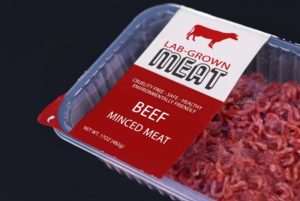
A Society project
FIQ: In your opinion, what are the social issues raised by cellular meat?
M.P.: There are three essential elements today, which will be even more so tomorrow when world meat consumption will have increased even more. The first is food security. Meat production will not be sufficient to meet all the demand. To put it catastrophically: we will run out of food. We are already consuming so many resources that if we start producing more, global food security will no longer be possible. The second element concerns the environment. Livestock contribute 20% of greenhouse gas emissions. Working to reduce its share in the production of meat products is working to reduce its impact on the environment. The third element is also increasingly present in our societies, it is the one that seeks to improve the welfare of animals.
FIQ: Is there competition between companies, countries or laboratories to become the future Google of cultured meat?
M.P.: Of course and that’s great! It is thanks to emulation that things are moving forward. There are now twenty-seven companies in the sector that are indeed competitors. However, because most of them were founded on a common ideological basis, we collaborate a lot with each other. Forget the idea that these companies work in isolation and look at each other’s faces. That’s science fiction! There is one thing that makes me not overly concerned. Each company operates in a particular segment. Some focus on pork, others on chicken, beef or fish, so there’s room for everyone. The most important thing is that we can solve the problem of meat consumption as a way of life, that is, the problem of unsustainable meat production.
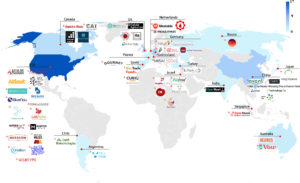
FIQ: How is Mosa Meat positioned in this global ecosystem?
M.P.: We do beef. We do it for two reasons. The first one is environmental: cattle breeding is the most greedy in terms of resources and impact on the environment. The second reason is technical: beef is relatively complicated to reproduce with plant-based proteins, unlike other meats such as chicken or fish.
FIQ: You said that you were not afraid that your success would lead to a catastrophe for farmers. Why is that?
M.P.: We will always need to feed ourselves and therefore we’ll always need people to produce our food. The success of cellular meat will not mean the end of farmers, just that their work will change. It will take ten, twenty, or maybe thirty years, but I am convinced that this evolution will happen.
Interview by Julien Millanvoye and Cyrien Rose for Food Innovation Quarterly


